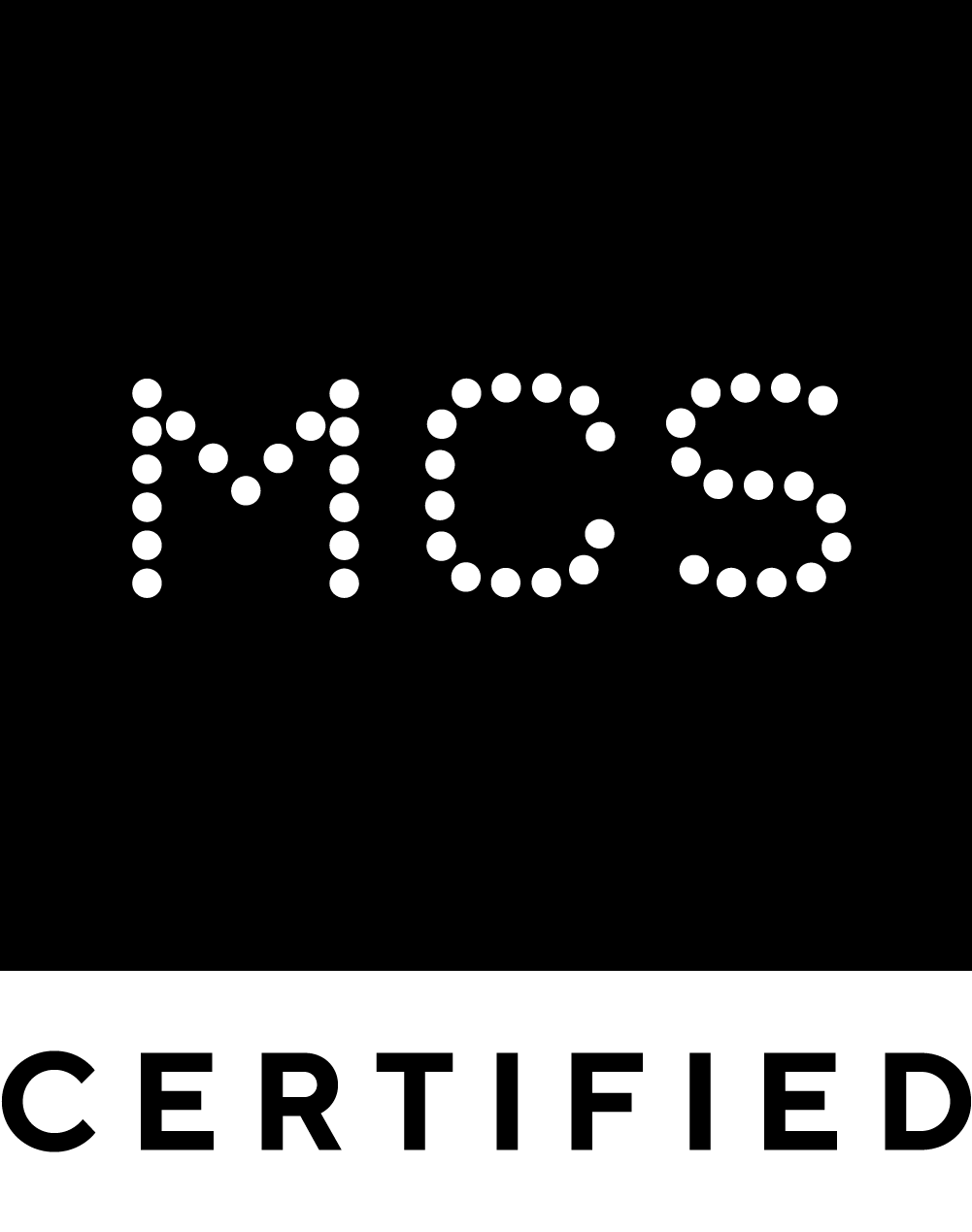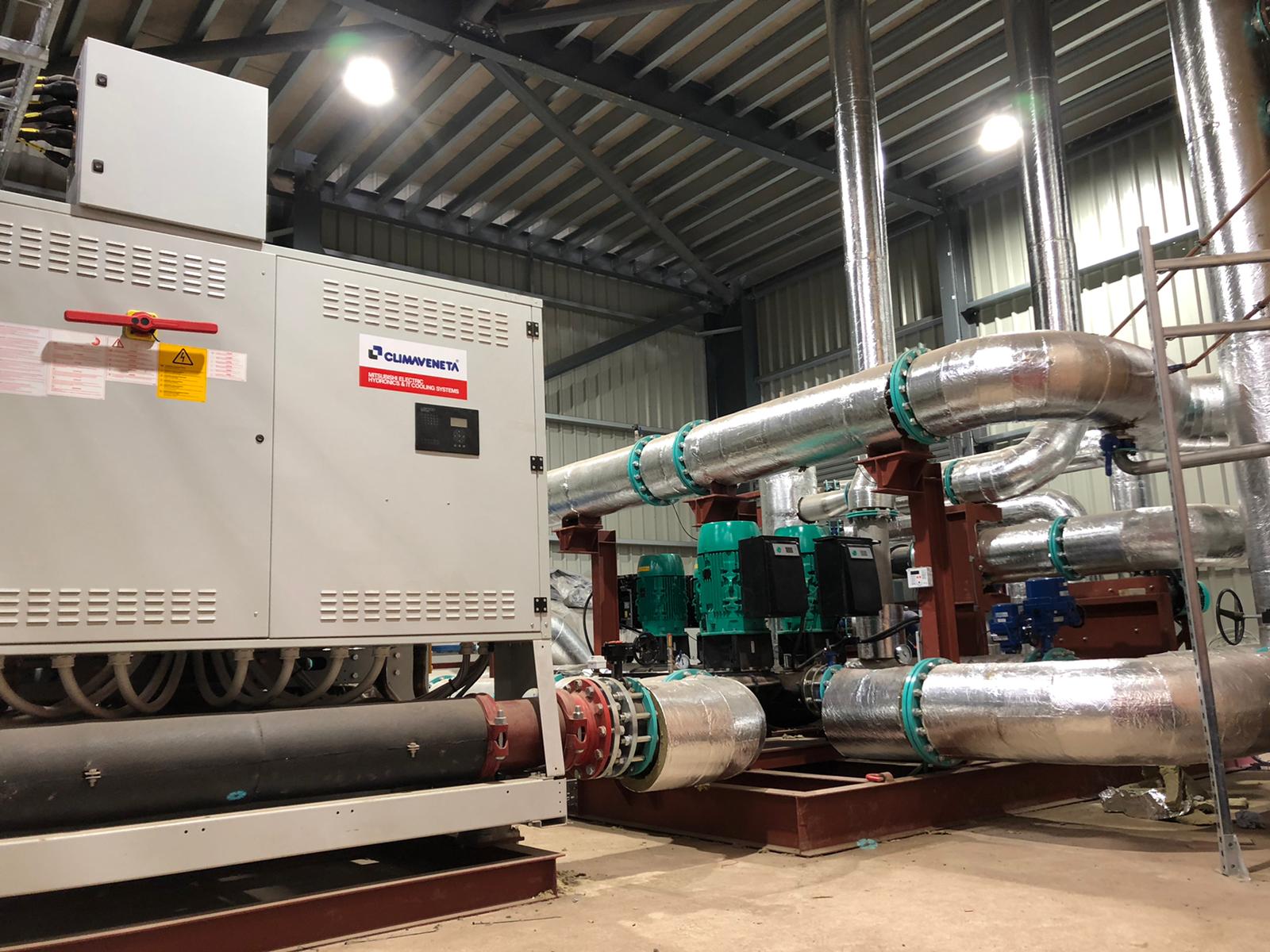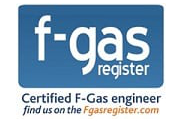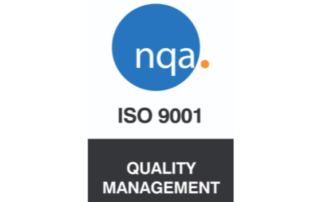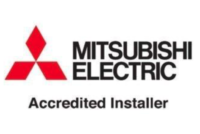The manufacturing and industrial sectors are major consumers of energy due to the extensive use of machinery, equipment, and processes involved in production and processes such as heating, cooling, drying, melting, and chemical reactions.
Energy-intensive manufacturing and industrial industries include steel production, cement manufacturing, chemical processing, plastic and polymer extrusion and paper production, among others. Industrial equipment, such as motors, compressors, pumps, and boilers, contribute to energy consumption in manufacturing facilities. Industrial processes may rely on fossil fuels like coal, oil, or natural gas as energy sources, but there is a growing trend towards the adoption of renewable energy and energy-efficient technologies for these operations.
Solar panels, wind turbines, geothermal heat pumps and biomass systems can be installed to generate electricity on-site, offsetting some of the energy demand from the grid. Upgrading to these more energy-efficient equipment or implementing energy-saving technologies, such as variable speed drives or heat recovery systems and renewable heat pumps can lead to significant energy savings for the manufacturing and industrial industry.
Moving forward, the Government has committed to invest millions in these sectors, click here for further details:
Billions of investment for British manufacturing to boost economic growth – GOV.UK (www.gov.uk)
Certified and Accredited
Calibrate Energy is MCS accredited and GSHP Association members.
We have also achieved ISO9001 NQA status.
